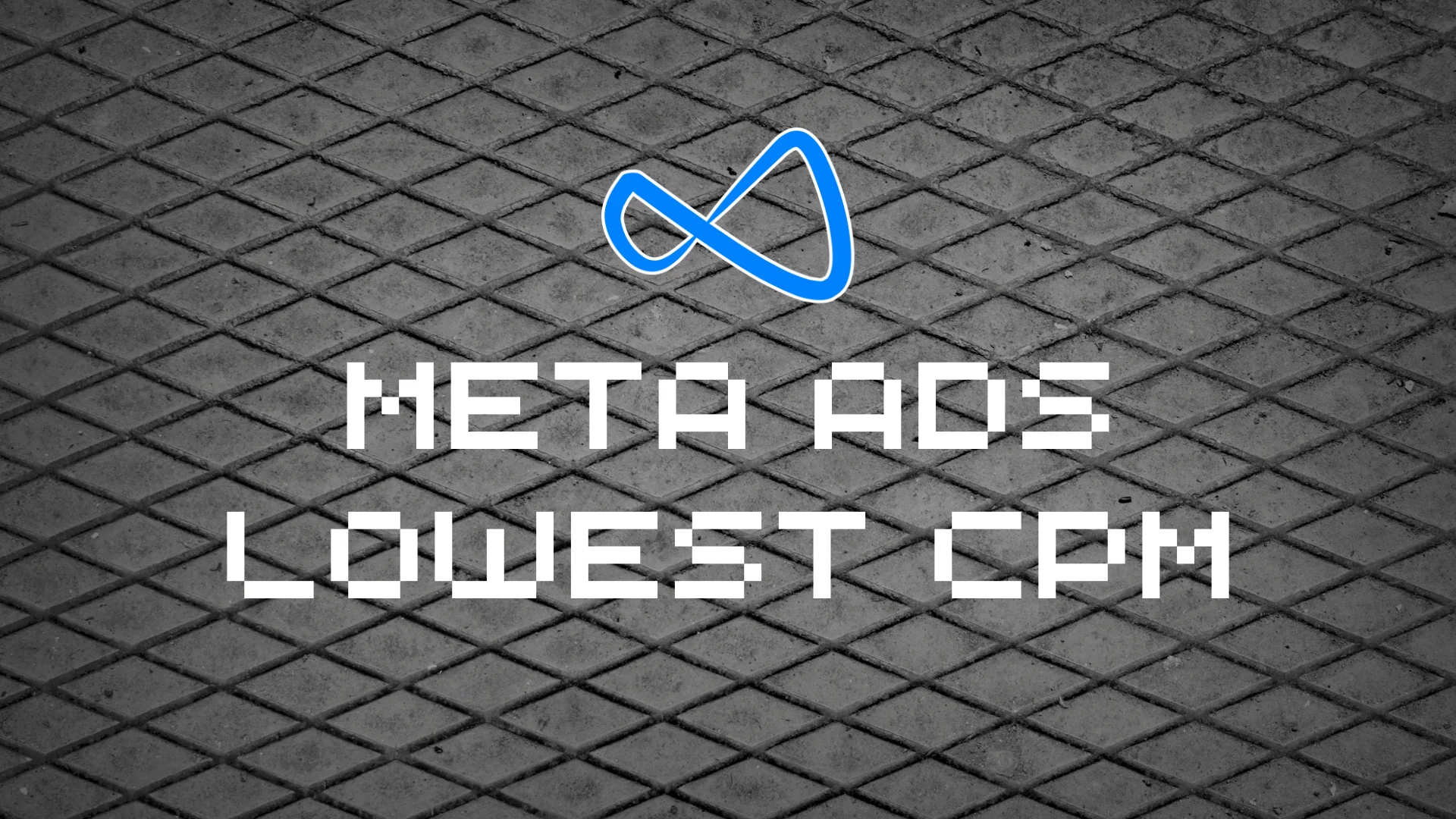Two heavyweights enter the ring.
In one corner, we have social media marketing — renowned for lightning-fast jabs and real-time engagement. And in the opposite corner, there’s content marketing, with a reputation for storytelling hooks and long-term results. How do you crown a champion? For most businesses, it’s not that simple. Deciding between one strategy or the other can seem like a tossup, yet it’s one of the most important decisions a marketer can make.
Let’s step into the ring and find out once and for all which marketing strategy reigns supreme. In this blog, I’ll walk you through the ins and outs of each approach and how they stack up against one another.
What Is Content Marketing?
Content marketing is creating and distributing marketing collateral to increase brand awareness, improve search engine optimization and generate interest. Unlike other strategies, content creation isn’t necessarily about selling a product or service. Rather, it focuses on educating, entertaining and attracting the target audience.
Imagine you’ve just sprung a leak in your bathroom sink. Your first inclination might be to search online for answers. More likely than not, one of the top results will be a blog post providing exactly that — probably from a local small business.
Reading the blog not only helps you solve the problem, it also introduces you to their brand. And, by answering your questions and offering solutions, they might even inspire you to call them next time.
In a nutshell, that’s a content marketing strategy in action. With engaging content, you can establish expertise, build trust and convert a potential customer into a bonafide buyer.
Why Use Content Marketing?
Without a doubt, content creation is worth the marketing effort. Here’s a non-exhaustive list of benefits you can expect from an effective content strategy:
- Strong results: 83% of B2B content marketers say their marketing strategy increased brand awareness and 63% say it improved demand and lead generation.
- Low barrier of entry: Small business or enterprise — it doesn’t matter. Content creation is primarily a digital marketing strategy, meaning any size organization can start with minimal investment.
- Shorter sales cycle: Distributing valuable content can help a potential customer reach their buying decision faster and with conviction.
- Builds authority: Producing quality content that addresses industry topics can position your brand as a trusted thought leader. Authority instills trust, which in turn drives sales and business growth.
What Is Social Media Marketing?
A social media marketing strategy involves leveraging social media platforms to raise brand awareness, interact with customers and drive website traffic. You can run a campaign on virtually any social network, including Facebook, Instagram, Snapchat, LinkedIn and TikTok.
Typically, a social media campaign involves engaging with followers, sharing content and running paid advertisements. With a more informal setting, social media platforms offer a fun, exciting way for your target audience to discover and connect with your brand.
Why Use Social Media Marketing?
When you consider the benefits of social media marketing, there’s no wonder why companies around the world are using it to their advantage:
- Direct connection: Each social channel gives you a direct line of communication to your target audience — and vice versa. If someone wants to start a conversation with your brand, they know exactly where to go.
- Global reach: Over 5 billion people use social media. That alone makes it a must-have part of your overall marketing effort.
- Brand awareness: An active social media presence will help keep your brand top of mind for consumers and increase name recognition.
- Customer feedback: Social listening allows you to keep an ear to the ground — or in this case, to the internet. Gathering feedback can help inform your next social media campaign and drive continuous improvement.
Social Media Marketing vs. Content Marketing: Key Differences
Now that you know a bit about each marketing strategy, let’s discuss what sets them apart. Take a look at this table for a quick overview of how social and content marketing differ:
| Content Marketing | Social Media Marketing |
|---|---|
| Focus: Creating content to educate, entertain and attract potential customers. | Focus: Engaging followers on social media platforms through direct communication. |
| Timeframe: Long-term results via SEO and thought leadership. | Timeframe: Short-term results via immediate engagement. |
| Content type: Blogs, eBooks, white papers, infographics and video. | Content type: Captions, graphics, short-form clips, memes and interactive content. |























